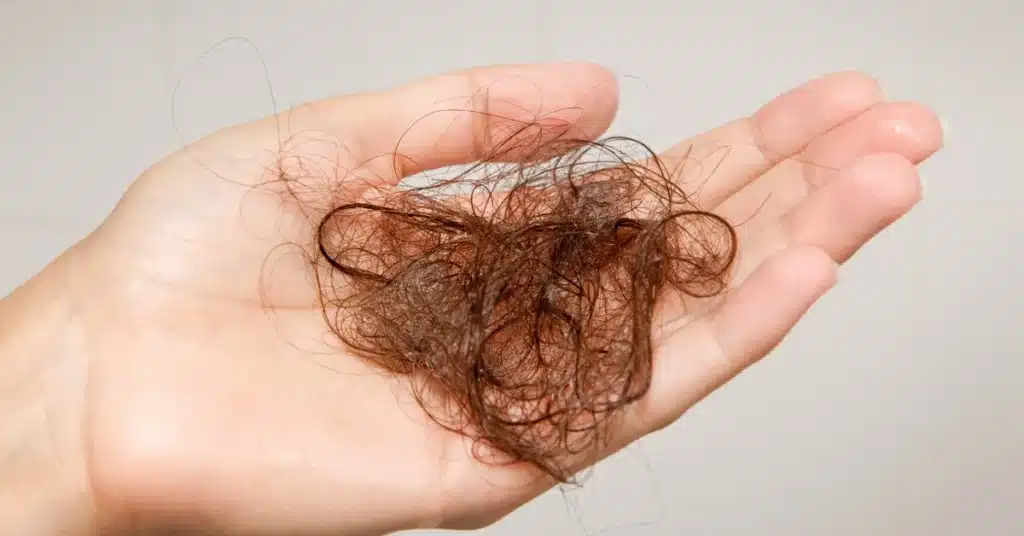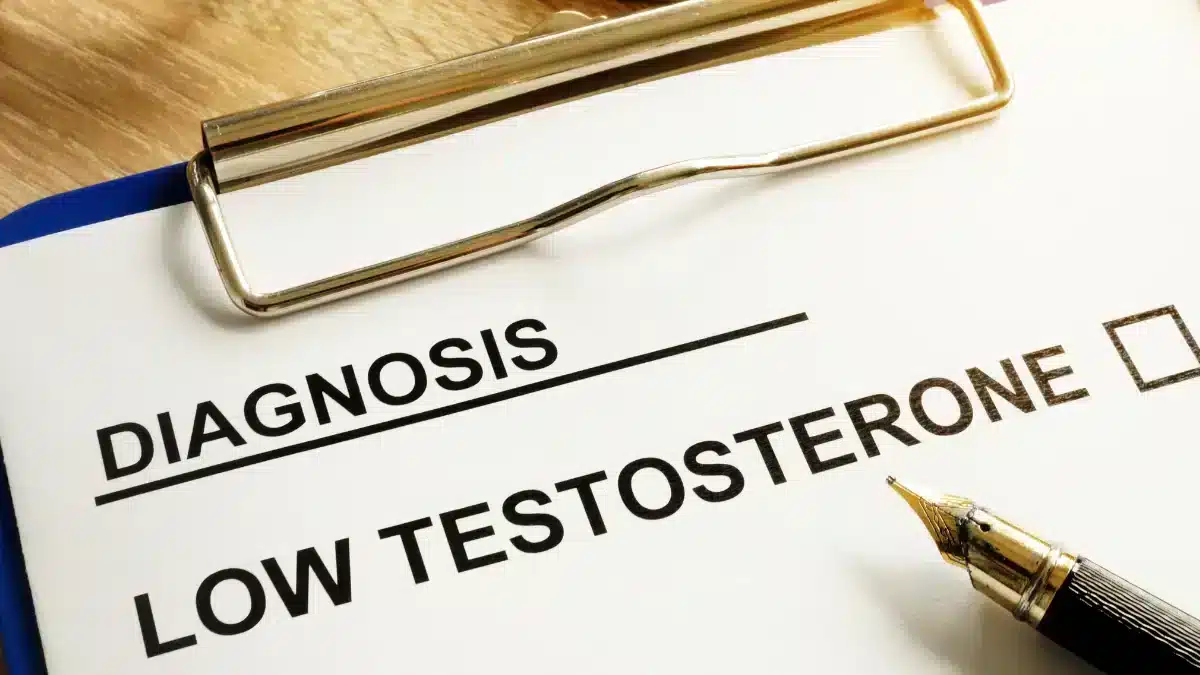Unveiling the Low Testosterone Symptoms in Men: What to Look Out For
Testosterone, often referred to as the “male hormone,” plays a crucial role in various aspects of a man’s health and well-being.
It influences muscle mass, bone density, libido, and even mood.
However, when Testosterone levels drop below the normal range, it can lead to a range of symptoms that can significantly impact a man’s quality of life.
In this article, we will explore the common signs of low Testosterone in men, when it’s important to seek medical attention, and the potential benefits of timely intervention.
Low Testosterone symptoms in men
Low Testosterone can manifest in various ways, affecting both physical and emotional well-being.
It’s essential to recognize these symptoms early to address any underlying issues promptly.
Here are the most common low Testosterone symptoms in men:
Decreased libido and sexual desire
One of the hallmark symptoms of low Testosterone is a noticeable decline in sexual interest and desire.
Men may find themselves less motivated or interested in sexual activities, which can strain intimate relationships.
Erectile Dysfunction

Low Testosterone levels can lead to difficulties in achieving and maintaining an erection.
This can be a source of frustration and distress for men, affecting not only their sexual performance but also their confidence.
Fatigue and reduced energy levels
Men with low Testosterone often report feeling persistently tired, even after getting an adequate amount of rest.
This fatigue can impact their ability to perform daily tasks and may lead to a decrease in overall productivity.
Loss of muscle mass and strength
Testosterone is crucial for maintaining muscle mass and strength.
When levels are low, men may experience a noticeable decrease in muscle size and overall physical strength, making routine activities more challenging.
Increased body fat
Low Testosterone levels are associated with an increase in body fat, particularly around the abdomen.
This shift in body composition can lead to weight gain and a decrease in overall muscle tone.
Mood changes and irritability
Hormonal imbalances, including low Testosterone, can lead to mood swings, irritability, and even symptoms of depression.
Men may find themselves experiencing mood fluctuations that can be disruptive to their daily lives.
Difficulty concentrating and memory issues
Low Testosterone levels can impact cognitive function, making it challenging to focus on tasks or remember important information.
This can hinder performance at work and in daily activities.
Decreased bone density
Testosterone is essential for maintaining healthy bone density.
Low levels can lead to a decrease in bone density, increasing the risk of fractures and Osteoporosis.
Hair loss

While some degree of hair loss is normal with aging, low Testosterone levels can accelerate this process, leading to noticeable thinning or loss of hair.
Thinning hair or noticeable hair loss and Male Pattern Baldness can be a symptom of hormonal imbalance.
Sleep disturbances
Low Testosterone levels can disrupt sleep patterns, leading to difficulties falling asleep or staying asleep throughout the night.
This can result in feelings of restlessness and daytime fatigue.
When to see a doctor
Recognizing the symptoms of low Testosterone is the first step toward seeking appropriate care.
It is advisable to consult a healthcare professional if you experience any of the following:
- Persistent low libido or sexual dysfunction
- Noticeable changes in mood, including feelings of depression or irritability
- Unexplained fatigue and decreased energy levels
- Significant changes in muscle mass or strength
- Difficulty achieving or maintaining an erection
- Noticeable changes in body composition, such as increased body fat
- Unexplained hair loss or changes in hair pattern
- Difficulty concentrating or problems with memory
- Sleep disturbances, such as Insomnia or disrupted sleep patterns

Conclusion
In understanding the signs of low Testosterone in men, it becomes clear that this hormone plays a vital role in various aspects of a man’s health and well-being.
From sexual function to muscle strength and mood regulation, its influence is far-reaching.
Recognizing these symptoms early is crucial for timely intervention.
If you experience persistent changes in libido, mood, energy levels, or physical attributes, seeking the guidance of a healthcare professional is imperative.
Early detection and appropriate treatment can lead to improved quality of life and overall well-being.
Remember, consulting with a healthcare provider is essential for personalized and effective management.
Frequently Asked Questions
What are the main causes of low Testosterone in men?
Low Testosterone can be caused by a variety of factors, including aging, certain medical conditions (such as obesity or Diabetes), testicular injuries or diseases, and certain medications or treatments.
How is low Testosterone diagnosed?
A blood test measuring the levels of Testosterone in the body is the primary method for diagnosing low Testosterone. Additional tests may be conducted to rule out underlying medical conditions.
Can low Testosterone be treated?
Yes, low Testosterone can be treated. Treatment options may include Hormone Replacement Therapy, lifestyle modifications, and addressing any underlying medical conditions contributing to the low Testosterone levels. It’s important to consult a healthcare professional for personalized treatment recommendations.
Are there any natural ways to boost Testosterone levels?
Maintaining a healthy lifestyle through regular exercise, a balanced diet, adequate sleep, and stress management can help support healthy Testosterone levels. However, for individuals with clinically low Testosterone, medical intervention may be necessary.
WowRx uses only high-quality sources while writing our articles. Please read our content information policy to know more about how we keep our content reliable and trustworthy.






